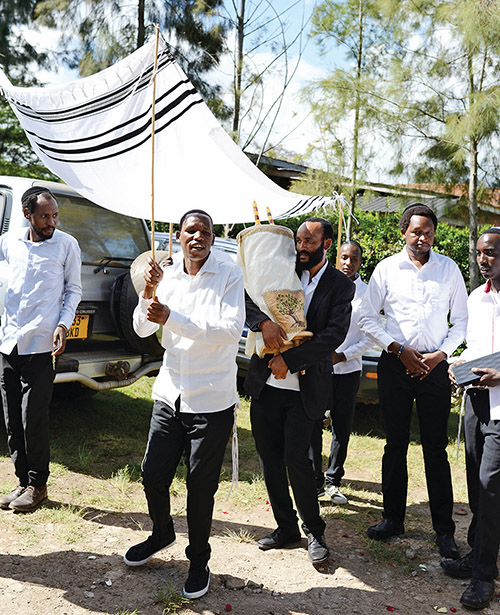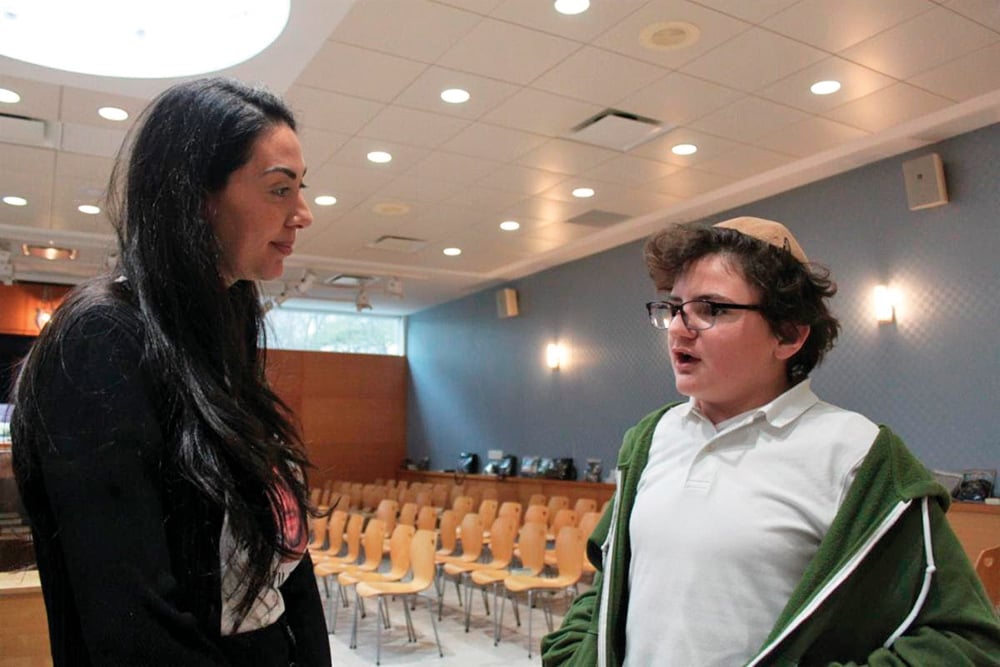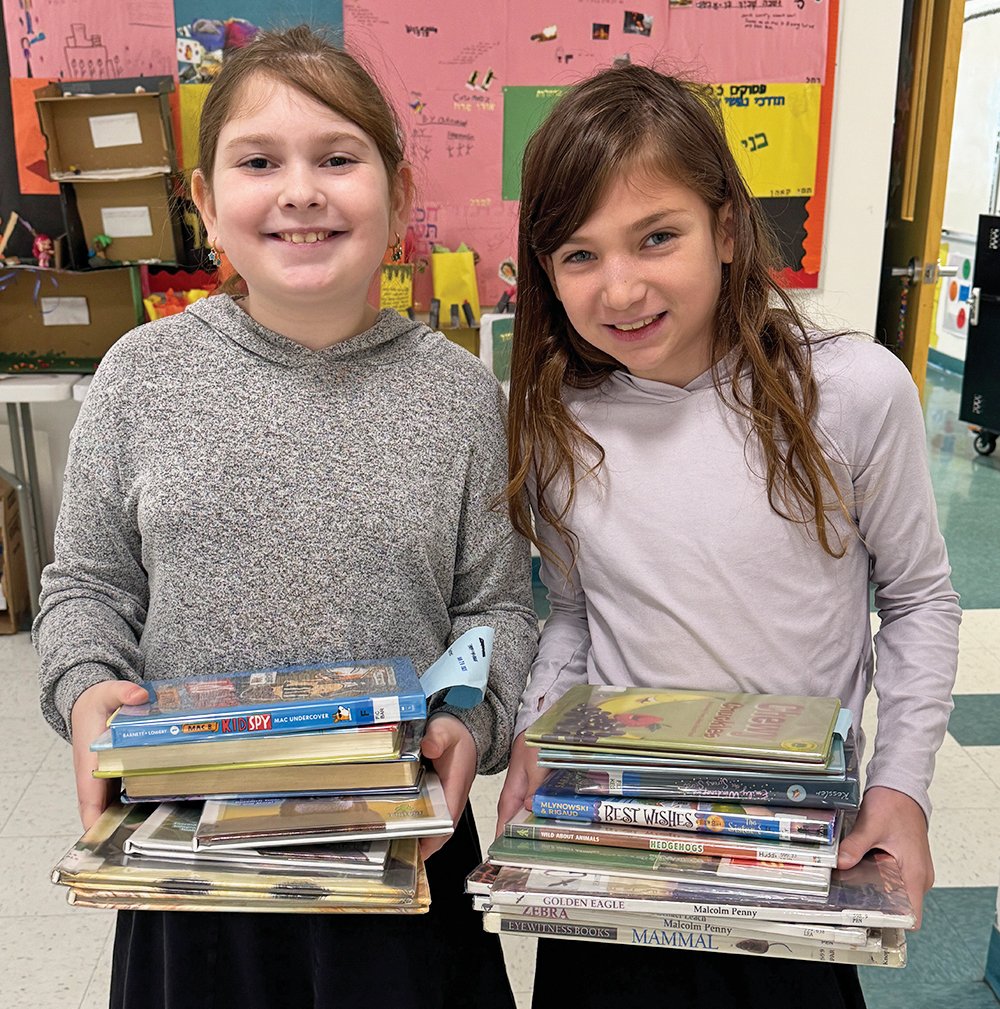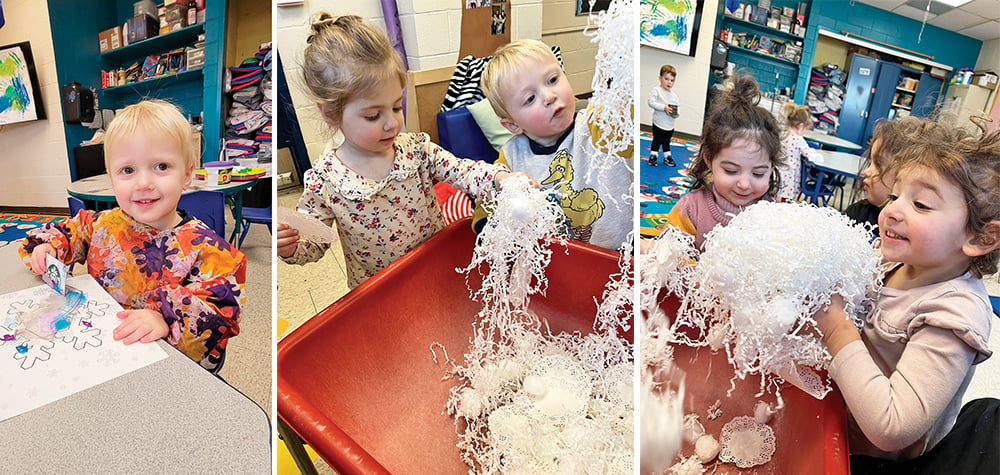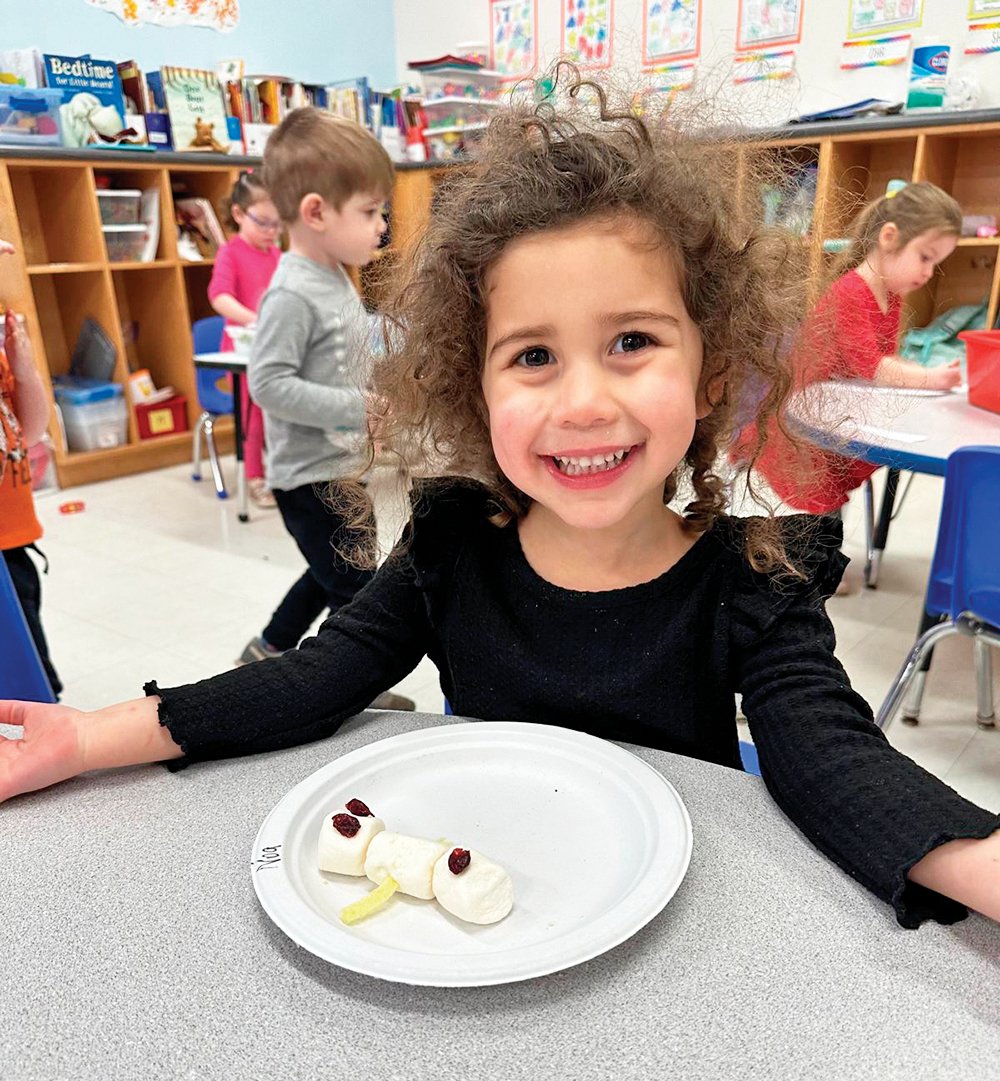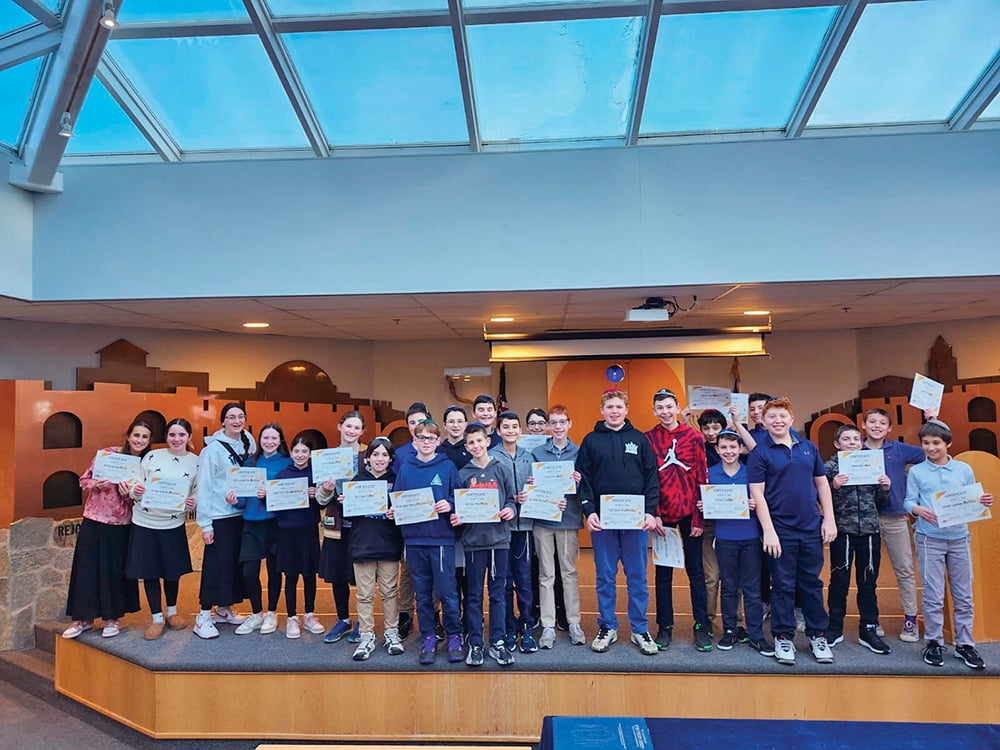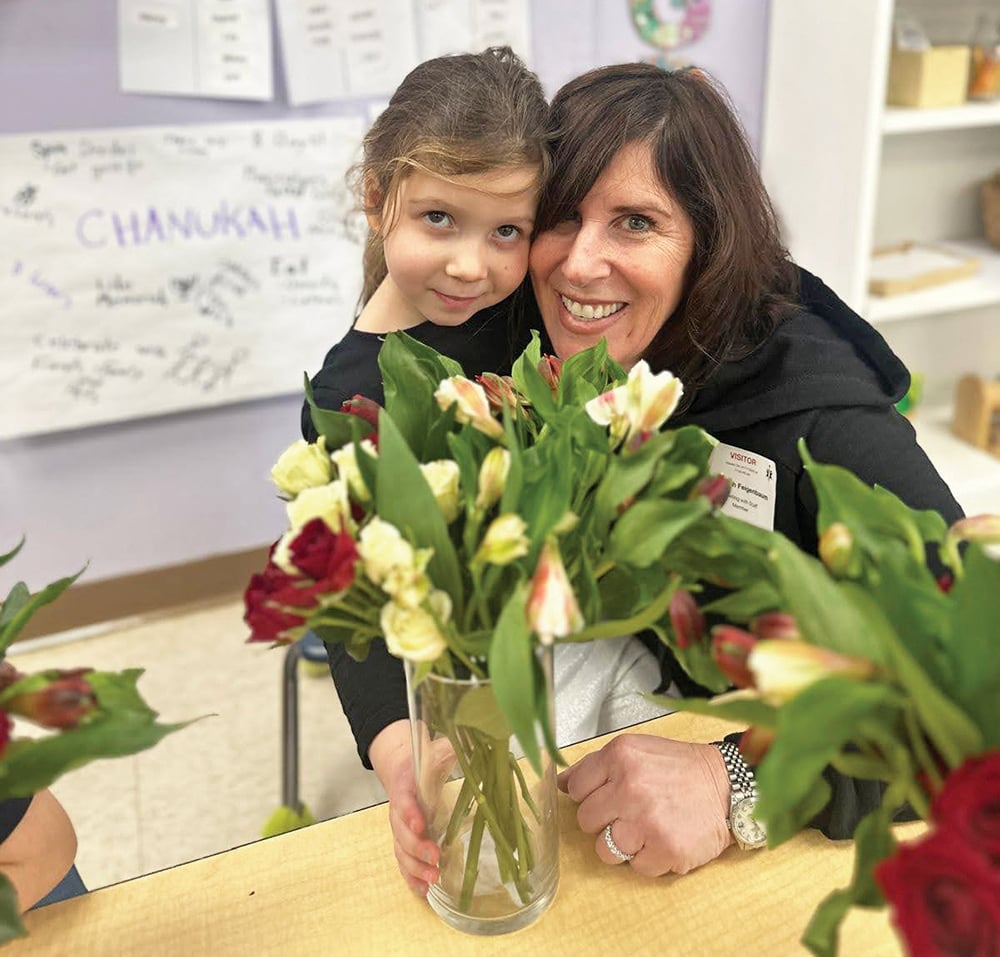

Imagine being Jewish and living in a country run by Christian missionaries determined to convert you. You’re not able to read Hebrew and your only Jewish education comes from traditions carried down from previous generations, though many may not have much context. You keep a vegetarian diet because there’s no shochet to give you kosher meat, and most days you arrive for Shacharit to find only a few other people, if anyone. You have to rebuild your shul after your government nationalized it and reclaimed the land, and your only sefer Torah was destroyed in a fire almost 50 years earlier in conflict with the missionaries. Yet you are so committed to your Judaism that you pray every day, often alone, and every Shabbat you bring other Jews who have scattered across the neighboring villages together (some travel for hours each Friday!), to learn and celebrate together. Money is sparse but you spend the money you do have on feeding fellow Jews and building your synagogue instead of buying extra clothing for your children. You continue every day without a sefer Torah, with only a few prayer books to be shared, but with an incredible heart and dedication.
This is the remarkable Jewish community I found last week in Arusha, Tanzania.
On November 5, 38 people from Ottawa, Canada, and the United States left their homes on a mission to bring Arusha their first sefer Torah in almost 50 years. Under the leadership and vision of Ottawa rabbi Eytan Kenter (who happens to be my amazing brother-in-law!), we spent the most incredible Shabbat with the community and its leaders Yehuda Amir Kahalani and his wife Efrat Yosef (though they often go by other names in Africa, for safety). Yehuda, a lawyer and college professor, is the son of the community’s previous Torah scholar, though his only Jewish education has come recently via Skype from New Jersey’s Partners in Torah.
We came with suitcases of gifts—mezuzot, tefillin, tallitot, siddurim and machzorim, children’s books that depict Jews of color (many donated by PJ Library), Hebrew flash cards and children’s games, primers to help them learn to read Hebrew, toys and much more. And we left with just as much as we gave them, a sense of hope and gratitude.
Though we handed them the Torah at the airport due to logistics, they didn’t even take it out of its travel bag, as most had never seen a Torah before and didn’t want to carry it improperly.
On Thursday the community (descendants of Yemenite and Moroccan Jews who moved there in the 1800s) held a Hachnasat Sefer Torah, carrying the Torah under a canopy, and singing it to its new home, in a synagogue they decorated as they do for Rosh Hashanah. They threw flower petals at us and sang a song in Swahili thanking us for this tremendous gift. “We are witness to the giving of the Torah just like Moses,” said Yehuda. “This is our very own Har Sinai.” The community members took turns carrying it, and kissing it, and when we opened it to show them the inside they couldn’t gather around fast enough. The adults had tears in their eyes, and the children stared wide-eyed, as a Torah was something they had only heard about in stories until now.
Friday night we davened with them, and it was nearly impossible to hide my emotion. As Yehuda chanted the Hebrew words we sing each week, but in their tribal chanting with African and Yemenite influence, it hit me that all around the world Judaism is being observed, though in many places it looks quite different. Yehuda is the only one who can read Hebrew and is often leading their service in English, so they wanted to hear our tunes in Hebrew. Watching them smile and cry and clap along to L’cha Dodi was breathtaking.
It didn’t go unnoticed that the very first time the Torah was read on Shabbat morning it was parshat Lech Lecha, whose title means ‘go forth.’ God calls Avram to leave the house of his father and venture forward to the place God will show him. Thirty-eight of us left our families and homes to help this community move forward. In the parsha, Hagar gives a new name to God: El Ro’i, “The One Who Sees Me.” Throughout our time together the community thanked us for seeing them. They said they felt isolated and alone, and that others saw them as an illegitimate community without a Torah, the ability to read and understand Hebrew, or deep Judaic knowledge. Until a connection was made by one of our travelers, they weren’t even on the map as a Jewish community. Thanks to Richard Marceau they are now connected to the Commonwealth Jewish Council (CJC), which links Jewish organizations in commonwealth countries, and can help with the sustainability of the community. We saw them, they felt seen and we saw God and God’s hand at the same time.
As the Torah was brought out of their ark that Shabbat morning it was as if the air was full of hope and excitement. Before our travelers read each section of the parsha, eight of their community members received aliyot and said a blessing over the Torah. Rabbi Kenter called each man up and recited a few words at a time for them to repeat back, as most of them had never seen or heard these words before. After each bracha we recited the Shechiyanu and then sang “Siman tov u’mazal tov,” as this was effectively a bar mitzvah for each of them. The children sat without making a sound for the entire service, and community men and women who couldn’t read Hebrew sat interspersed with us as we pointed to each word as it was read, so they could feel closer to the service. After lunch we spent time talking to them about their history, learning that Arusha was once full of Moroccan Jews who have mostly fled to Israel; hearing about Yehuda’s father, who upon his deathbed tasked Yehuda with somehow bringing a Torah back to Tanzania; and learning from the community members who only recently found out they were Jewish, as their parents had hid it from them to keep them safe. We learned a little Hebrew with them, sang songs and played games with the children.
As the day went on we realized how eager they are to learn and grow, though it’s hard to ask questions on things you don’t yet know to ask. During Mincha, Rabbi Kenter decided to take the Torah out of the ark, yet not read from it, and instead gave a dvar Torah with it opened. Not wanting them to feel bad that they could not read from it on their own, he showed them there are many ways they can enjoy and love the Torah given to them.
As we came together for Havdalah, the tears flowed once more. After only knowing each other for a few days it was evident this was the start of lifelong meaningful connections for all of us. Efrat said it best: “We were strangers but now we are one.” She talked about how gaining this Torah felt like a new beginning for them and they all felt fueled and energized. “Beginnings have vision and they take patience,” she said. Yehuda said, “We never had people who cared about us and wished for us to be strong. Now we know we do. We don’t want to grow huge; we just want to stay strong. We know we are no longer alone.”
Rabbi Kenter summed it up best by saying to them, “This is one of my proudest moments in my rabbinic career. This is your re-entry into the Jewish world.”
Many new synagogues start with only one thing—a Torah—and then find a location and recruit members. The fact that this community had everything except the Torah, and held strong, is remarkable to me. Yehuda and Efrat are a modern-day Abraham and Sarah. Yehuda, like Abraham, has been tasked to go forward and continue to uphold his Jewish traditions.
As a Jew in New Jersey, where there are kosher restaurants at every turn, and more Jewish day schools and synagogues than I can count, it’s easy to take things for granted. This trip opened my eyes and heart in so many ways. I believe there are many ways to be observant in Judaism, and seeing this community—that has struggled in so many ways—cry as they wrapped their arms around their new Torah, made me stop to appreciate all I take for granted every day.
As a group we will continue to learn with them, assist them financially and help them define their Judaism and observance in a way that is culturally appropriate and authentic to who they are and where they come from. And personally I will be forever changed from this experience and these beautiful souls.
By Stefanie Diamond
�


